This podcast episode is the first chapter of an exploration on developmental coaching - what it means, how to do it, what types of support does a coach doing this type of work need. Over the next weeks we’ll explore this topic from other angles and also will soon invite you into some deeper learning on this. In the meantime, listen, enjoy and share your questions and comments.
As those of you who listen to this podcast or read my articles probably already know, the topic of ‘walking the talk’ – the capacity to be the person you are asking (or raising, coaching, teaching) others to be – is very important to me. I believe this to be true in many contexts, but particularly so in professions where the very focus of our work is supporting others’ growth. Therapists, Coaches, Facilitators – all have, I believe, a big responsibility in doing the work of development for themselves, just as they do it with their clients. Scaffolds like mentoring and supervision go a long way to keeping us honest and evolving, but so do our own efforts, day in and day out. But what do those efforts look like? What does it mean to ‘embody the work’?
In this episode I explore these very questions with my dear friend and fellow coach, Priya Ahuja. I’ve met Priya in a context where I was a newcomer, entering an established group of long-time coaches of which she was part. From the get-go I was touched by her authenticity, integrity, openness, and generosity in helping me feel right at home in that high-stakes environment. Over the years, we have become friends and I have learnt so much from her on the art of coaching, but also on the art of being a wise human being. To me, Priya is a coach who walks the talk and I have invited her to unpack what that means for her, what is the inner work she is doing to keep herself honest, aware and cultivate within herself the wisdom she is striving to support in her clients.
About Priya Ahuja
Priya brings more than two decades of experience at McKinsey & Company as a leader supporting individualand institutional transformation. She now works for herself as a leadership coach and facilitator. She also mentorscoaches seeking to further develop their capacities.
Priya supports senior leaders across the globe on tailored, individual leadership journeys anchored in their current strengths, helping them realise and live into their full potential. She facilitates large scale leadership transformation programs locally and globally, working simultaneously at the individual and group levels to support individual leaders, executive teams and organisations more skilfully navigate the extreme turbulence emblematic of the current global environment.
Priya’s coaching and facilitation is informed and supported by leading edge thinking and practices in the fieldof adult development, systems leadership and change, and the human potential movement. Her own experience of growing up, living, and working in 4 countries across 3 continents has also shaped her approach to coaching, facilitation and mentoring, as she brings this rich diversity of lived experiences to her work.
Priya is a certified Integral Master Coach™. She holds a Master’s degree in Organisational Psychology and a Master’s degree in International Relations.
Finding this content useful? Refer a friend (or more) and unlock complimentary access to our paid webinars. Learn more about how that works.
Resources mentioned in this episode
You can read more about Ken Wilber’s take on lines of development: https://integrallife.com/the-many-ways-we-grow/
And: https://thegreatupdraft.com/ken-wilber-fundamentals-developmental-lines/
And specifically about the moral line of development Priya mentioned in the podcast, here: https://www.simplypsychology.org/kohlberg.html#:~:text=Kohlberg%20identified%20three%20levels%20of,typical%20of%20the%20earlier%20stage
Below is an article I wrote introducing the idea of lines for those not familiar with the concept.
Lines and Stages in Vertical Development: Why Assessments and Coaching Models Are Valuable Maps, But NOT The Territory
As a coach, I’ve long accepted that no two clients’ paths to growth and change will be the same. An approach that works wonders for one will have zero impact on another. I found that to be a sobering realisation, bound to keep you humble and always on your toes in coaching, as you’re constantly reminded it’s not your ‘art and skill’ that creates transfo…



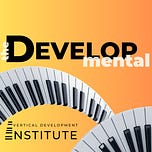



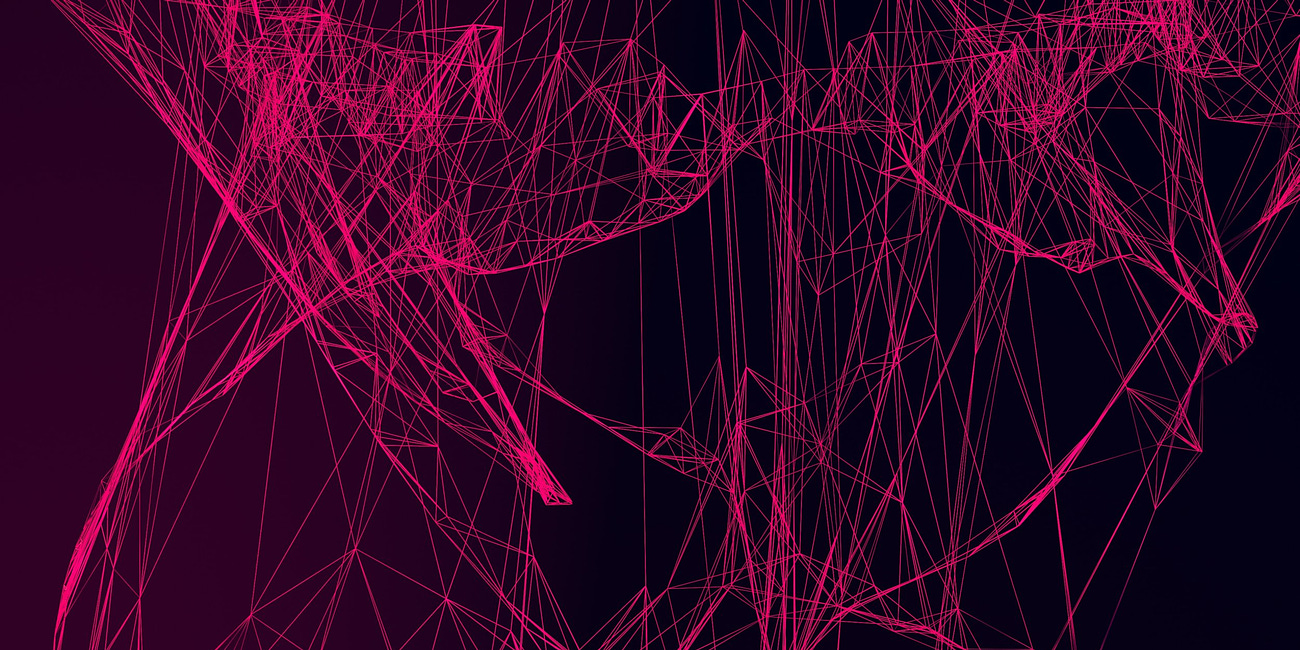


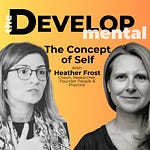

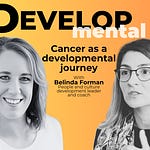
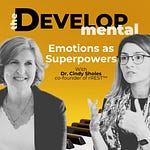
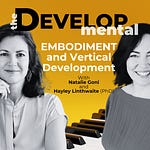
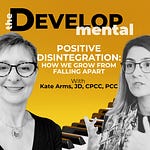
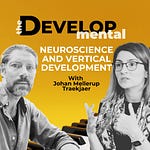
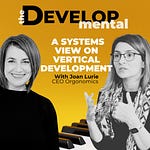
Share this post